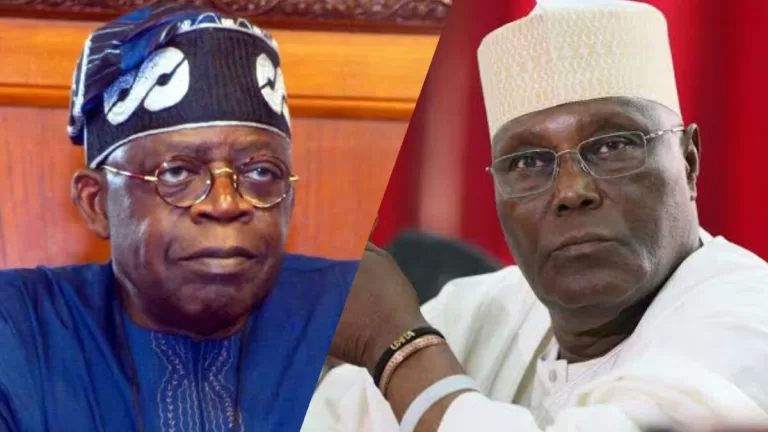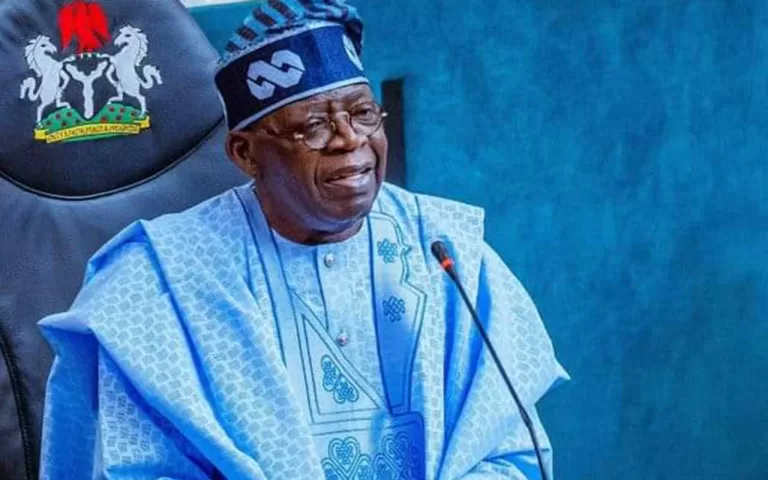
Port Harcourt, Nigeria — A former Chief Magistrate in Rivers State, Ejike George, has offered a pointed explanation for his recent resignation from the judiciary, citing discomfort with what he calls the imposition of a “quasi-military administration.”
In a candid appearance on Channels Television’s Politics Today, George said his decision to step down stemmed from a refusal to operate under the directives of a sole administrator — a governance structure he likened to a military regime.
“I am simply saying that I cannot take instructions from a military administrator. I cannot,” George declared, adding, “In my 16 years of service, I’ve only worked with civilian administrations. I don’t know how to function otherwise.”
‘Not Trained for This Kind of Governance’
George officially resigned via a letter dated April 11, 2025, addressed to the Chief Judge of Rivers State through the Judicial Service Commission. In it, he described the appointment of a sole administrator in the state as “alien to civil jurisprudence” and fundamentally incompatible with judicial independence.
He expressed concern that under this new model of governance, judicial officers may be compelled to carry out executive directives, undermining the principle of separation of powers.
“Our courts are courts of summary jurisdiction. While we report to the Chief Judge, there’s always been a civilian governor acting as chief security officer — not a military-style appointee giving us directives.”
He continued:
“We were never trained for this. The judiciary has not held any sessions or workshops on how to work under a military administrator. I’m not sure how even my colleagues are supposed to cope.”
A Stand of Principle, Not Protest
George was firm in rejecting suggestions that his resignation was due to retirement or disciplinary issues. He dismissed a recent claim by the Rivers State Judicial Service Commission that he was due for voluntary retirement, asserting that no such decision was ever communicated to him.
“I never faced any panel for any misconduct,” he said, challenging the commission to produce documentation that suggests otherwise. “Let them publish the report if it exists.”
Contrary to speculation, George maintained that there is no institutional crisis within the judiciary — only a growing discomfort among legal officers with the politicization and militarization of civil structures.
“This is not how justice should be administered,” he concluded. “I chose to walk away rather than compromise the integrity of the bench.”





